How to Invest In Montenegro Property: Locations, Legal Steps, Taxes, and Profits
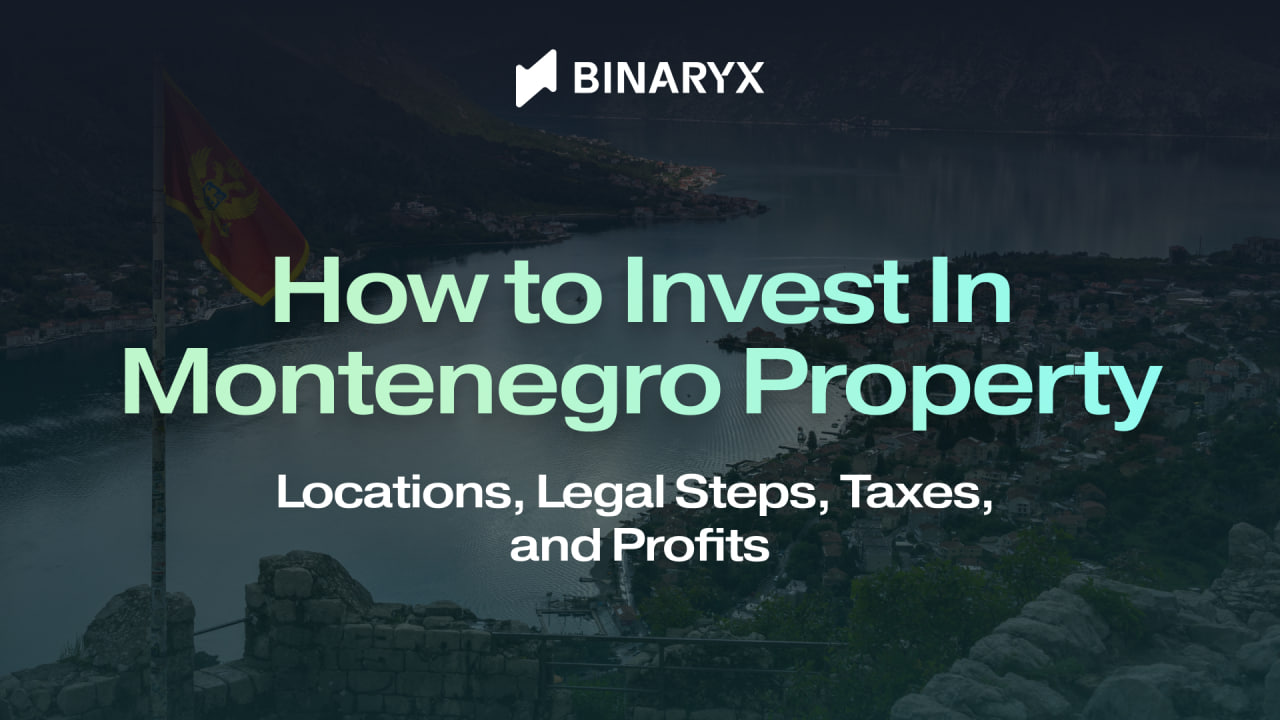
Montenegro. It’s not the first place that pops into your mind for real estate investment. This small country on the Adriatic coast is still under the radar, often overlooked—quite a shame. Shame for the country’s economic growth, but not for a real estate investor. But here’s the catch: it won’t last forever, and you probably know that, seeing as you’ve landed on this article. So, you’re ready to get ahead of the crowd and invest before the world catches on. Here’s what you need to know to make your move.
Montenegro Real Estate Trends: What You Need to Know
Positioned strategically on the Adriatic, Montenegro is benefiting from its growing popularity as a tourist destination, attracting a wide range of foreign visitors. Data shows consistency in tourist arrivals, with 90%+ being foreign nationals. The country’s low taxes and relatively loose regulations, combined with its rich architecture and natural diversity that far exceeds its size, have made it a magnet for various types of expats, especially in the past three years. Rental demand, once driven by seasonal spikes, is now shifting towards more stable, long-term interest.
What truly sets Montenegro apart, though, are its property prices. While they’ve risen with the recent influx of expats, they still remain relatively low compared to neighboring European markets—a situation unlikely to last. As the country inches closer to EU accession, the window for affordable investments is closing fast. We predict a significant rise in property values over the next few years, and by the time Montenegro joins the EU, it could already be too late. For more insights, check out this article: Montenegro: Buy Real Estate Now Before It’s Too Expensive.
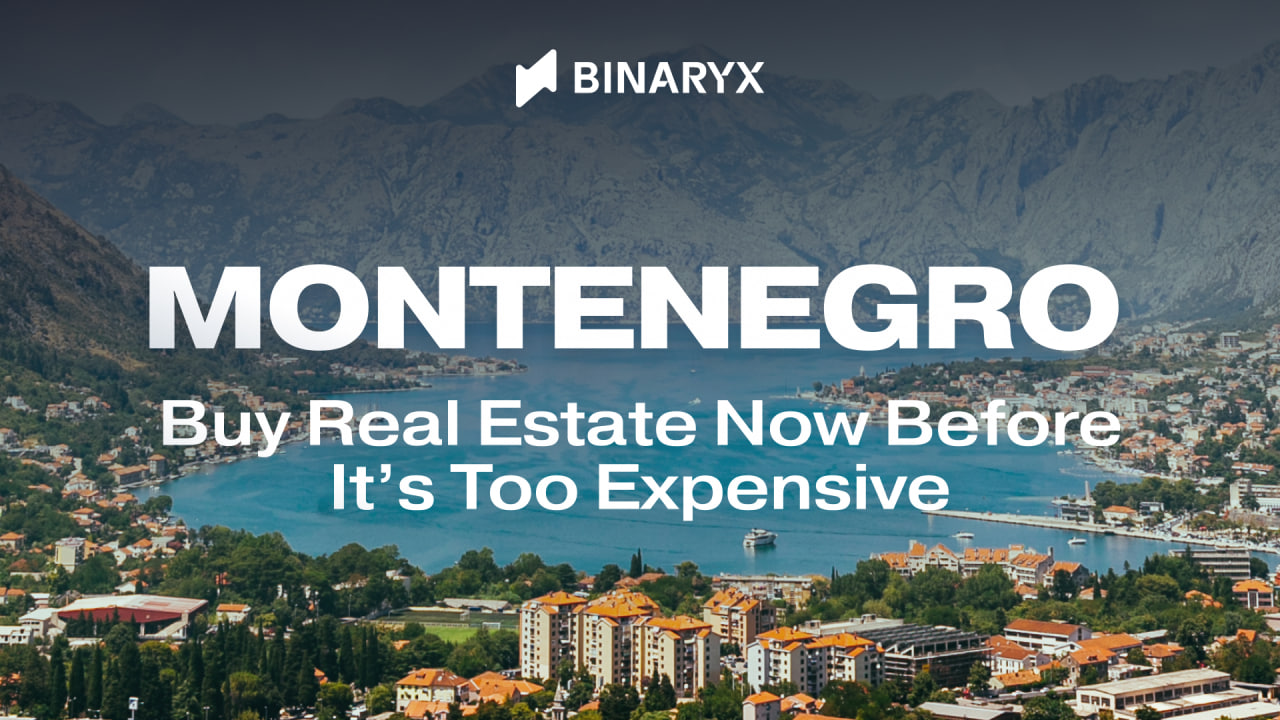
What Foreigners Can and Can’t Buy in Montenegro?
Foreigners have quite a bit of freedom when it comes to buying real estate in Montenegro. Whether you're looking at apartments, houses, or commercial properties, the process is generally straightforward and doesn’t differ much from that of local buyers. There’s no discrimination based on your country of origin, and the property rights are largely uniform across all foreign investors. You don’t need to be a resident of Montenegro to acquire property. Also, buying real estate doesn’t automatically grant you a residence permit—it’s a separate immigration process.
That said, there are some restrictions. Foreigners cannot own natural resources, public goods, or agricultural land over 5,000 square meters—unless there's a house on it that’s for sale. Additionally, properties in strategically sensitive areas or those classified as cultural monuments are off-limits. However, if you’re eyeing agricultural land over the size limit, forming a company in Montenegro could allow you to bypass these restrictions. EU citizens also have a leg up, as they enjoy the same property ownership rights as Montenegrin nationals.
Montenegro Location Overview: Where to Buy and Why
When deciding where to buy property in Montenegro, location is everything. The country offers a mix of coastal towns, central areas, and mountain regions, each with its own advantages depending on your investment goals. Whether you’re looking for a high-demand rental area or a quiet retreat, the options vary significantly across these regions.
Coastal Areas
The coastal region is where most foreign buyers focus their attention, particularly in towns like Kotor, Tivat, and Herceg Novi, all located in the Bay of Kotor. These areas are popular for their historical significance and growing expat communities. Kotor, a UNESCO site, is known for its limited housing supply, which maintains strong property values. Tivat, home to Porto Montenegro, offers high-end apartments and marinas, appealing to yacht owners and investors seeking rental income from luxury properties.
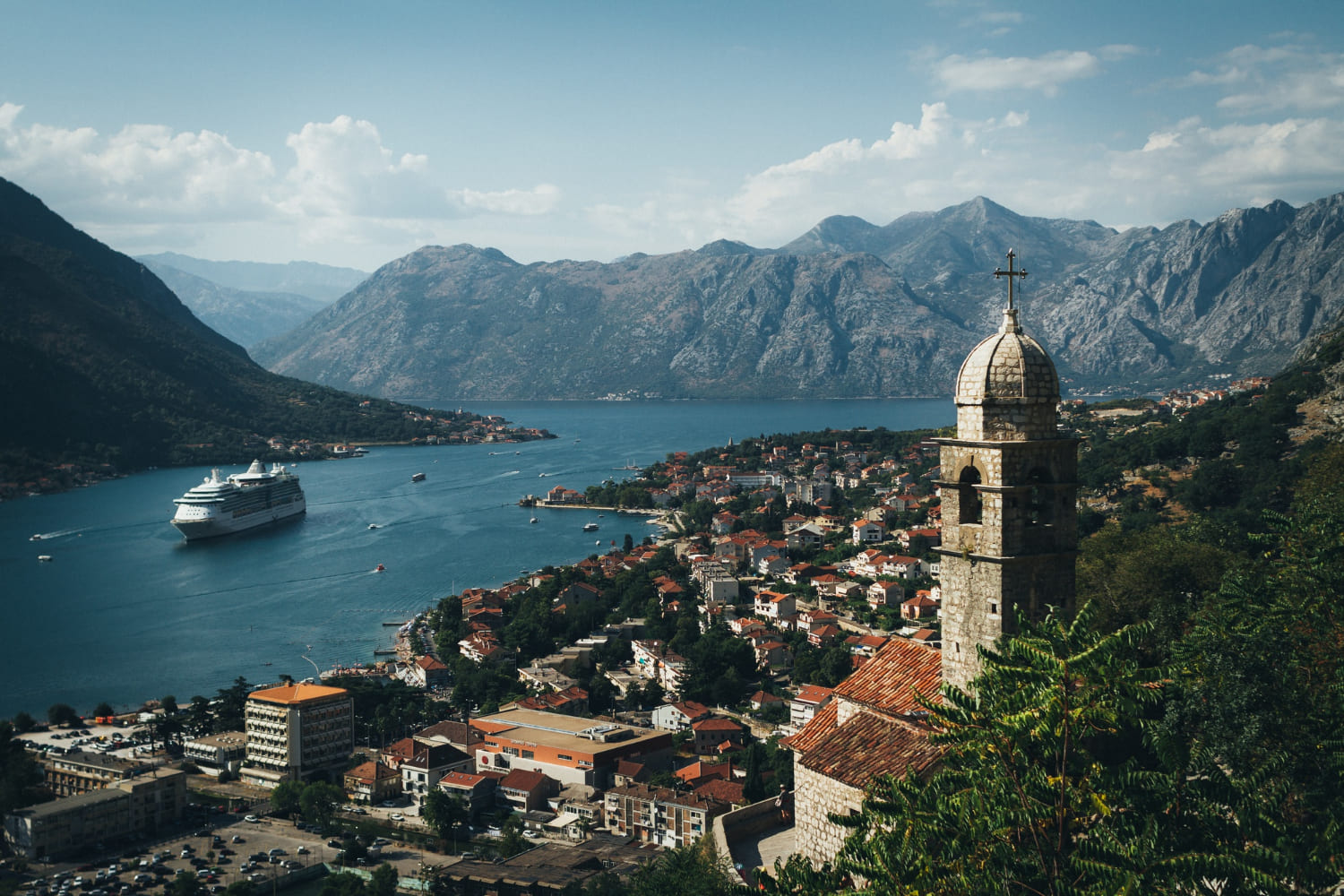
Further south, Budva is a well-known spot for short-term rentals, though it can be crowded and noisy in the summer. If you’re after a more affordable coastal property, Bar and Ulcinj are worth considering, offering lower prices and fewer foreign buyers, though the infrastructure here is less developed.
Capital and Central Region
Podgorica, Montenegro’s capital, is the center for business and government. Property here is more affordable than on the coast, and the demand for long-term rentals is steady, driven by local professionals and expatriates. Areas like City Kvart and Preko Morače are known for modern apartment blocks, while neighborhoods like Donja Gorica cater more to families. The capital is well-connected to both the coast and the mountains, making it a practical option for those looking to be near Montenegro’s main urban hub. Outside of Podgorica, towns like Cetinje and Nikšić offer quieter living with lower property prices, though these areas lack the same rental demand as the capital or coastal regions.
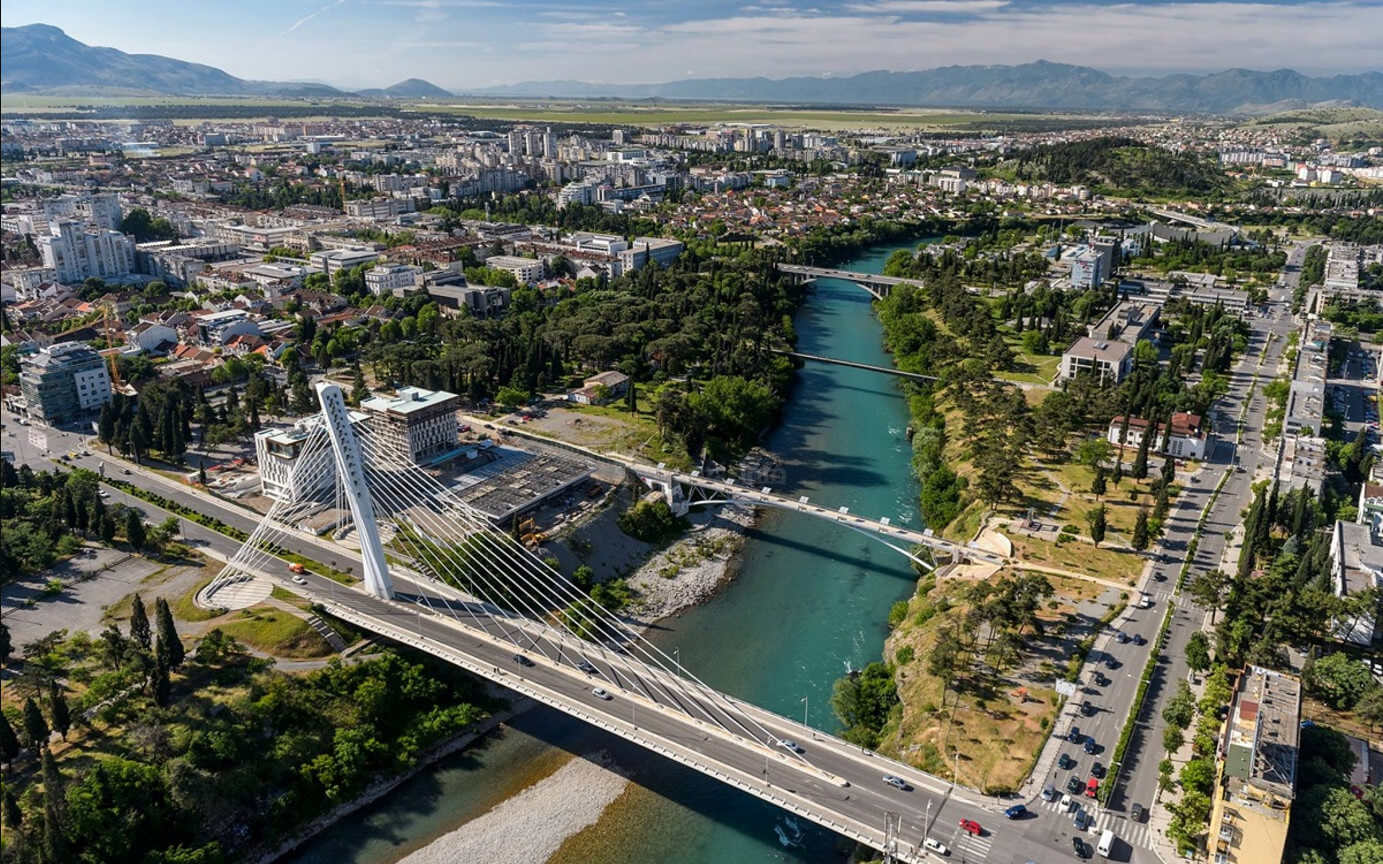
Northern Mountain Regions
Montenegro’s northern mountains offer a completely different kind of investment opportunity. Žabljak, located in the Durmitor National Park, is the country’s main winter tourism hub. Ski resorts here attract both domestic and international tourists, making it a potential spot for seasonal rental income. Kolašin is another area seeing significant investment, particularly in winter tourism and resort developments. Property prices in the north are generally lower than on the coast or in the capital, but the market is more seasonal, with rental demand peaking during the ski season and slowing down during the rest of the year. While this region may not have the same year-round appeal, the potential for growth in tourism makes it an interesting long-term bet.
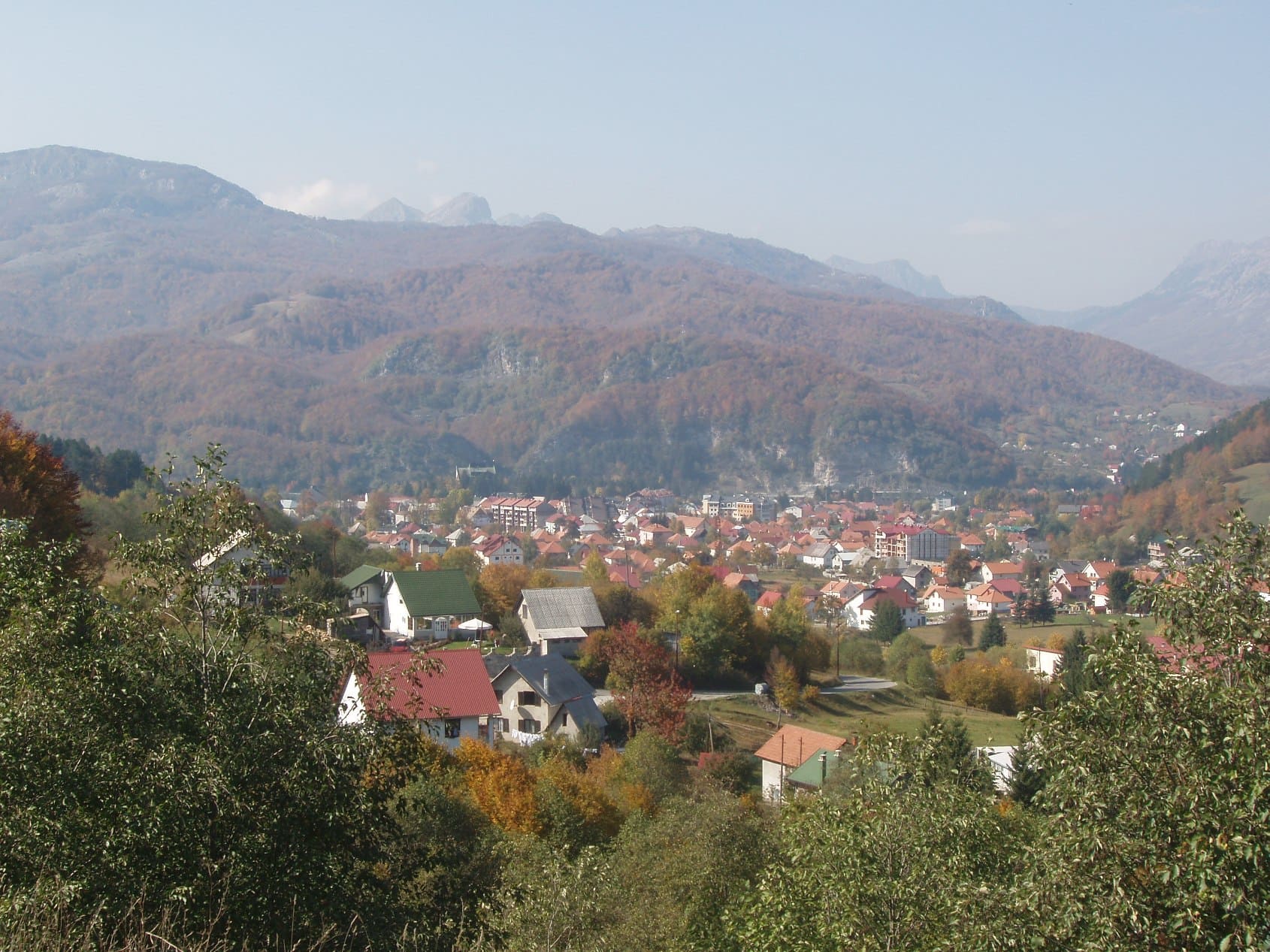
Breaking Down the Numbers: How Profitable is Montenegro Real Estate?
Montenegro’s real estate market offers varying degrees of profitability depending on the location and type of rental. Rental yields (APR) can range from 4% to 8%, with coastal regions like Tivat and Kotor generally offering higher returns. For example, properties in Tivat can achieve an APR of around 6-8%, with long-term rental prices averaging between €450 and €1,200 per month. Kotor follows closely, with yields in the 5-7% range and monthly rents between €450 and €900. Meanwhile, in Budva, another popular coastal town, rental returns hover around 5-6%, with long-term rentals fetching €400 to €1,200 per month. In all these areas, short-term summer rentals can boost profitability during peak tourist season, but that income is more seasonal.
Average property prices vary widely across Montenegro, impacting potential returns. In Tivat, for example, prices per square meter range from €2,100 to €4,100, while Kotor properties typically cost €1,800 to €3,800 per square meter. The coastal region overall has an average price of €1,584 per square meter, but this increases in more premium spots like Tivat and Budva, where prices reach upwards of €3,000. By contrast, Podgorica, the capital, offers lower rental yields (around 4-5%) but has more stable, long-term demand. Prices in Podgorica range from €1,250 to €2,100 per square meter, with average rental rates between €250 and €700 per month.
Further inland, the central and northern regions are more budget-friendly, though rental returns tend to be lower. In the central region, property prices sit around €682 per square meter, while in the northern mountain towns like Žabljak and Kolašin, prices climb slightly higher, averaging €1,288 per square meter. Historically, short-term rentals in the north have thrived during the ski season, but recent trends show a shift. More international tourists are now choosing Montenegro’s mountain resorts for summer vacations, drawn to the cooler climate and rich natural surroundings over the crowded beaches and summer heat. This growing demand has pushed profitability up, with APRs now reaching between 5% and 8%.
Legal Checklist for Buying Property
When purchasing property in Montenegro, there are a few essential steps to ensure everything runs smoothly.
- The process typically begins with signing a reservation agreement, which locks in the terms of the sale.
- After that, you'll need to gather key documents, such as your passport or ID, proof of funds, and a sales contract that outlines the agreement between you and the seller.
- Additionally, you'll require a cadastral certificate confirming the property’s legal status and a proof of ownership from the seller. A deposit, often around 10% of the purchase price, is typically required at this stage. Keep in mind, though, that if you decide to back out, the deposit may not be refundable.
While it's possible to handle some of the paperwork yourself, hiring a lawyer is highly recommended. Montenegrin properties can have complex ownership histories or may lack proper building permits, making a lawyer's role crucial in verifying the property's legal status. Your lawyer will review all documents, negotiate terms, and ensure everything is in order before you sign the final sales contract. At the end, you should notarize the purchase agreement (Ugovor o Kupoprodaji) to complete the deal.
Financing Your Montenegro Property: Mortgage Solutions for Foreign Buyers
If you don’t have the full sum upfront, securing a mortgage in Montenegro is an option for foreign buyers, though it comes with certain conditions. Local banks like Crnogorska Komercijalna Banka (CKB), Hipotekarna Banka, and Erste Bank offer property loans to non-residents, but you’ll need to meet specific requirements, such as providing a 50% down payment and having a positive credit history. Mortgage rates typically range from 3% to 7% for a 20-year term, and only foreigners with a residence permit or permanent residency are eligible. It’s worth comparing different banks to find the best rates and terms for your situation.
What You’ll Pay: Fees and Taxes on Property Purchases
When purchasing property in Montenegro, expect to budget an additional 3-5% of the property price for fees and taxes.
Title Transfer Tax
For existing properties, you’ll pay a transfer tax based on the property's value:
- Properties up to €150,000: 3%
- Properties over €150,000: €4,500 + 5% on the amount over €150,000
- Luxury properties above €500,000: €22,000 + 6% on the amount over €500,000
If you’re buying a new build directly from the developer, there’s no transfer tax since VAT (21%) is included in the sale price. If the property is for rental purposes, you may be able to claim the VAT back.
Notary and Lawyer Fees
- Notary fees are 0.35% of the purchase price plus 21% VAT.
- Lawyer services cost around €1,000 for handling legal checks and contracts.
A notary will ensure the legal soundness of your transaction, while a lawyer is optional but can save you from headaches.
Interpreter and Agent Fees
- If you’re a foreigner, you should hire a certified interpreter to be present when signing the purchase agreement, unless you have a Montenegrin residence permit or have passed a language proficiency test. Expect to pay €20 per page for document translations and €50 per hour for oral interpretation, totaling around €120 for a standard agreement.
- As the buyer, you won’t have to worry about real estate agent fees—these are typically covered by the seller and range from 3% to 6% of the property value.
Crowdinvesting: A Low-Cost Way to Invest in Montenegro Real Estate
Crowdinvesting offers a simple, hands-off approach to real estate investment, allowing you to pool funds with others to invest in property projects. While crowdinvesting is already gaining traction in large markets like the U.S., it’s still relatively rare in Montenegro. That’s where Binaryx comes in. Not only does Binaryx offer crowdinvesting opportunities in Montenegro, but it also introduces tokenized real estate, making it accessible to anyone with as little as $500 to invest.

Through Binaryx, you can purchase tokens representing fractional ownership in real estate projects, such as Mountain Retreat by Dukley, a construction project in Kolašin, a growing hub for winter tourism. You can buy tokens during the early stages of development, benefiting from lower entry prices. As construction progresses, these tokens increase in value, and after the property is completed and sold, profits are distributed among the token holders. Alternatively, you can convert your tokens into rental income tokens and earn ongoing passive income from the completed property.
For example, let’s say you invest $20,000 in Mountain Retreat by Dukley. With a projected return on investment of 13.54%, your profit after construction completion in early 2025 would be approximately $2,708, bringing your total investment value to $22,708. After, you could choose to convert your tokens into rental income tokens and earn an 8% annual return on the property. Give it a look on Binaryx:

Your Path to Property in Montenegro
Montenegro’s real estate market offers a unique combination of affordability, investment potential, and location appeal, especially as the country edges closer to EU accession. Whether you’re looking at coastal hotspots, the capital, or emerging mountain regions like Kolašin, there are plenty of opportunities to consider. Understanding the local fees, taxes, and legal requirements is essential for making informed decisions.
Platforms like Binaryx make investing in Montenegro even more straightforward, offering tokenized real estate opportunities starting with as little as $500. Whether you want to explore high-potential projects like Mountain Retreat by Dukley or diversify your portfolio across multiple locations, Binaryx provides a seamless way to invest in Montenegro’s growing market. Ready to take the next step? Explore what Binaryx has to offer and turn your real estate goals into reality.
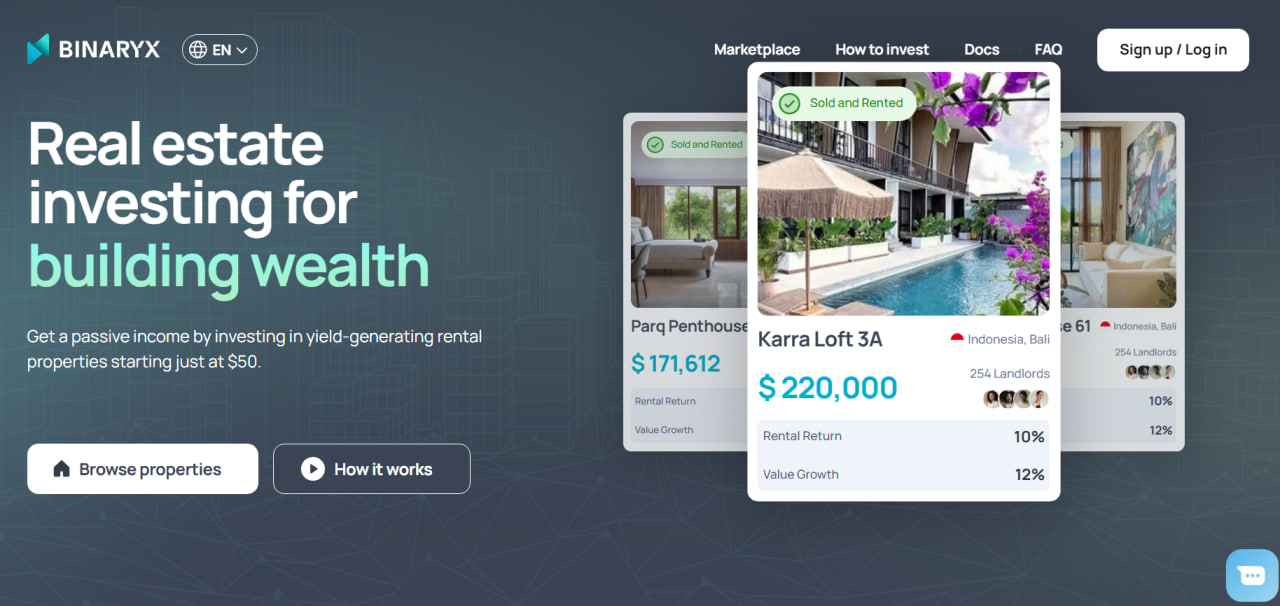
Articles you may be interested in
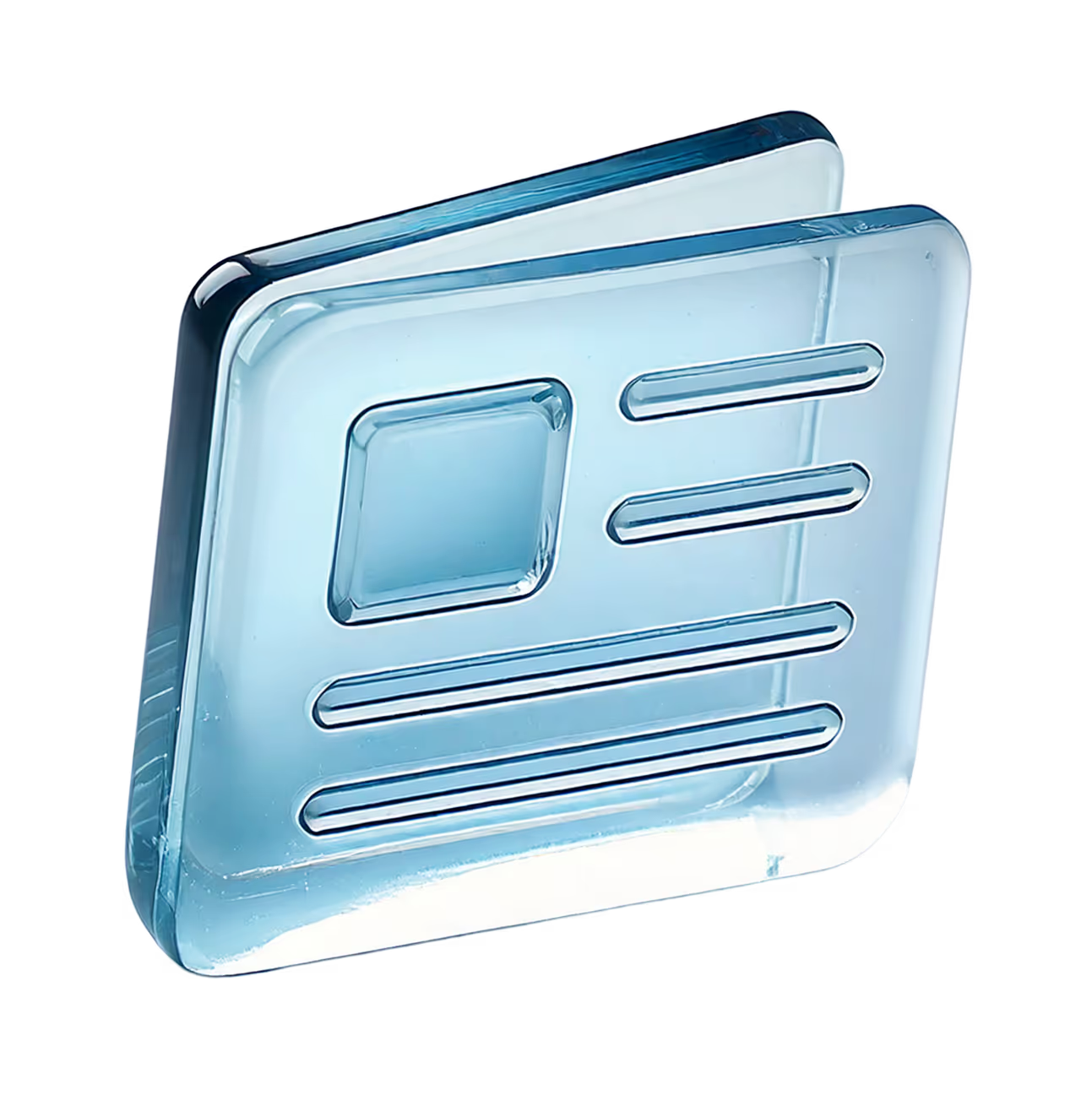
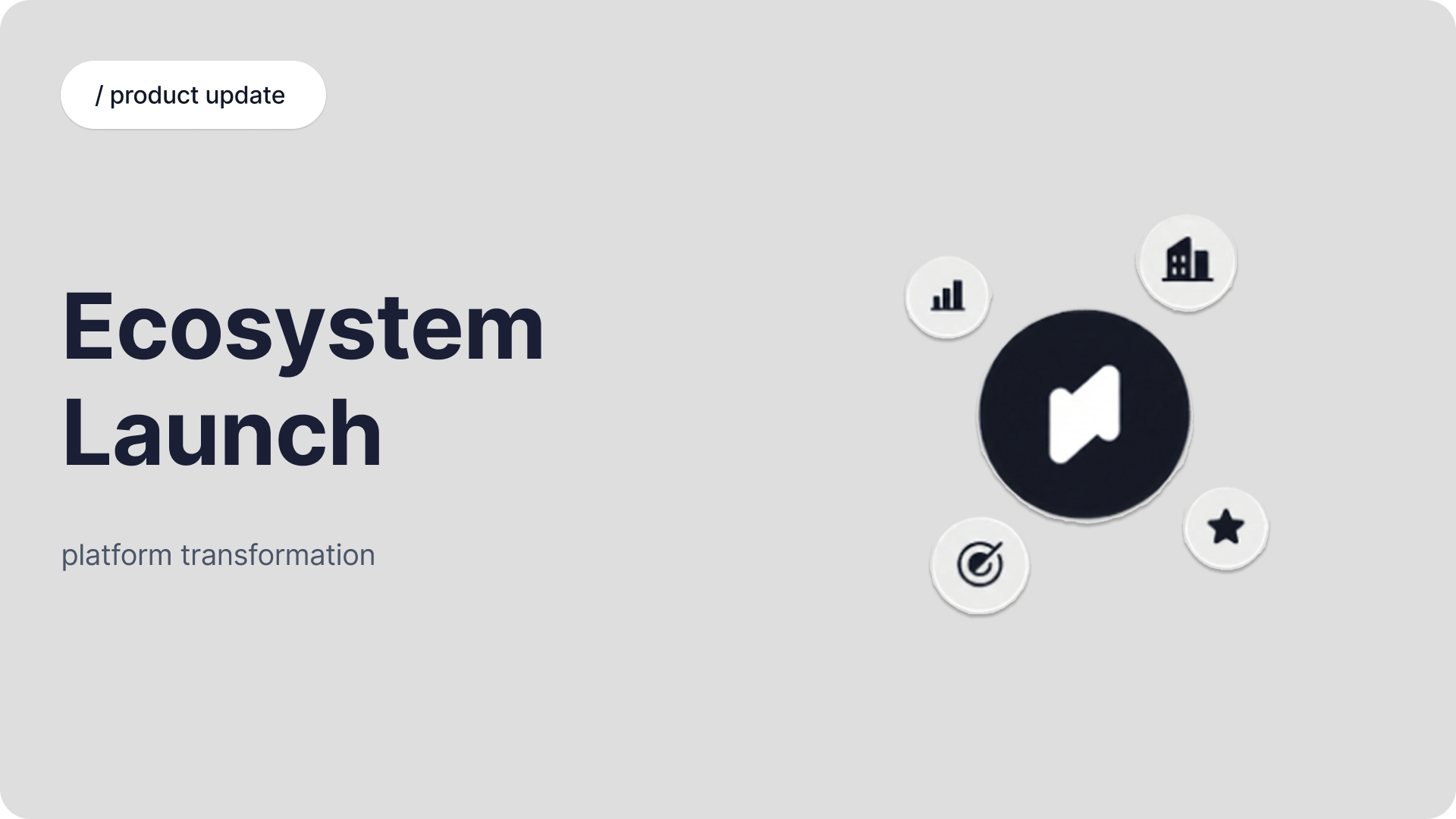
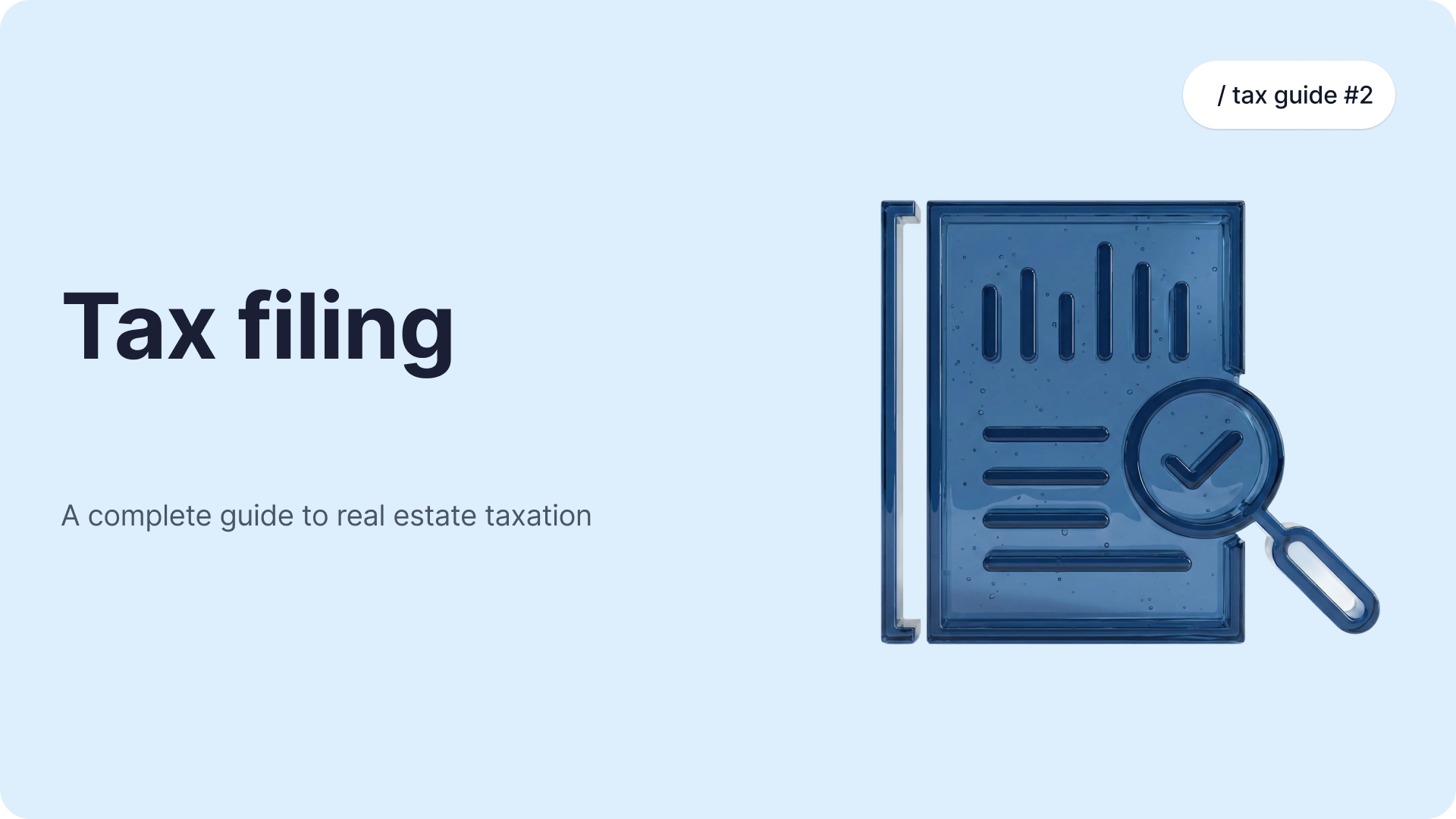
.png)
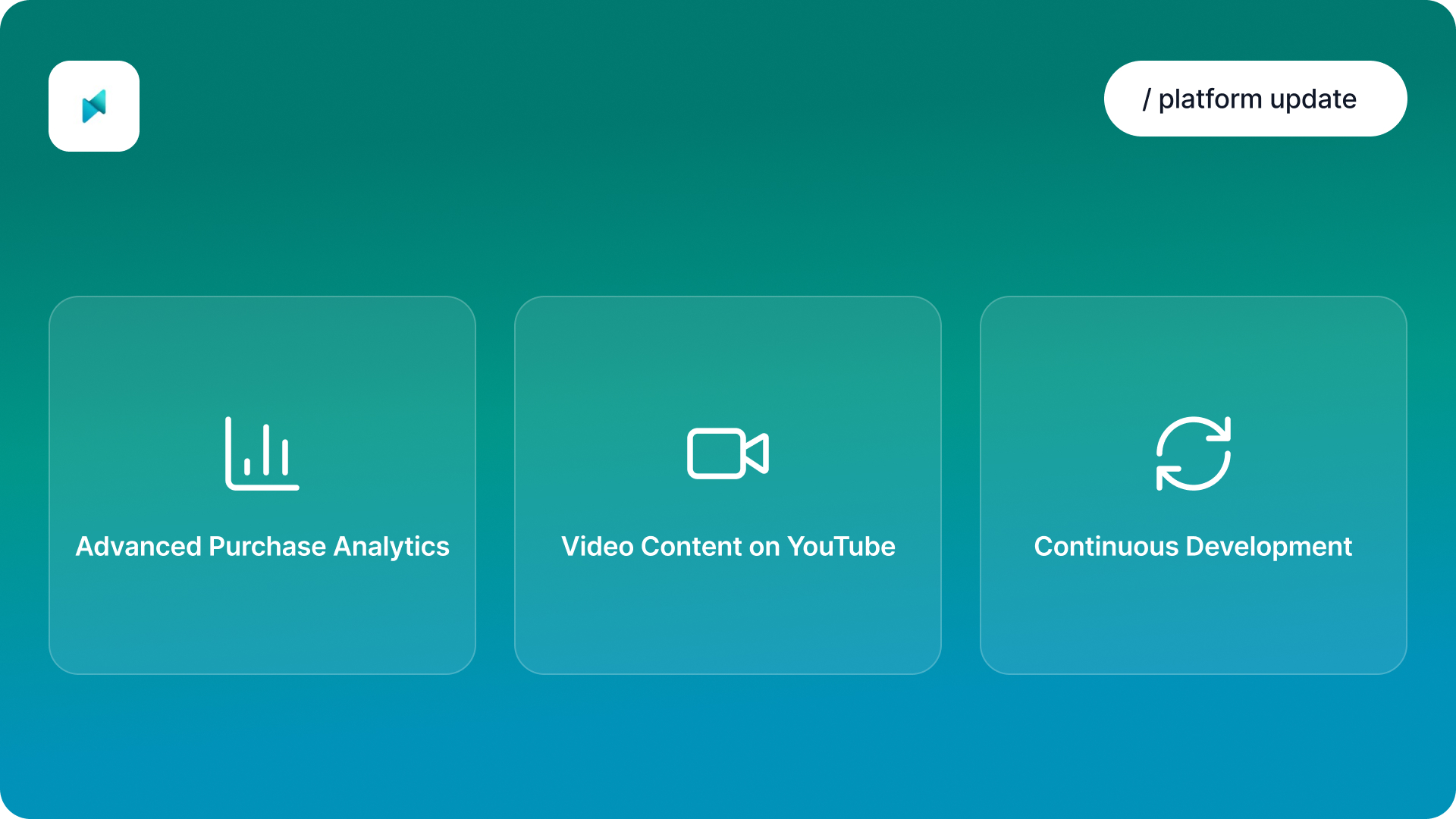
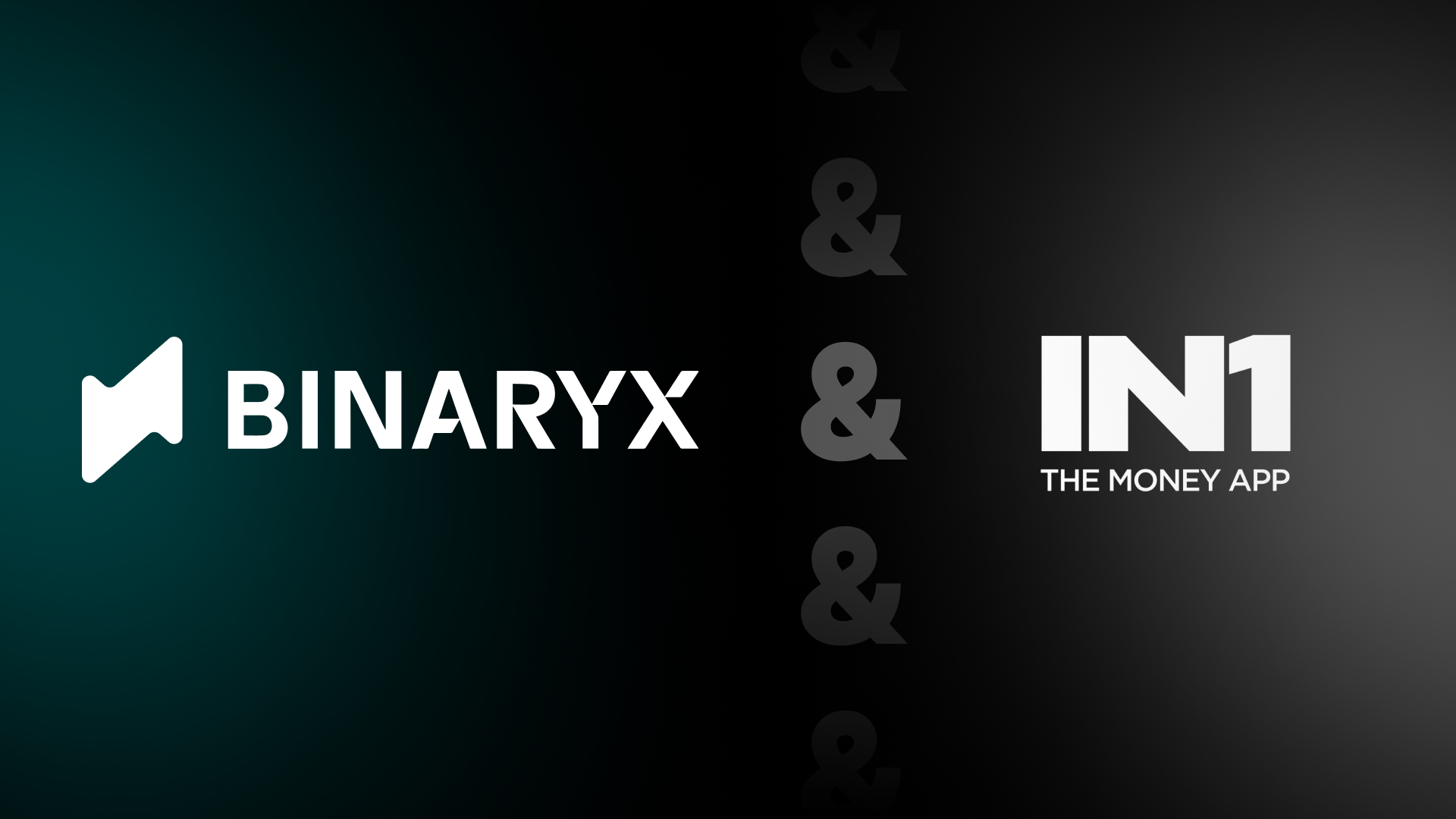
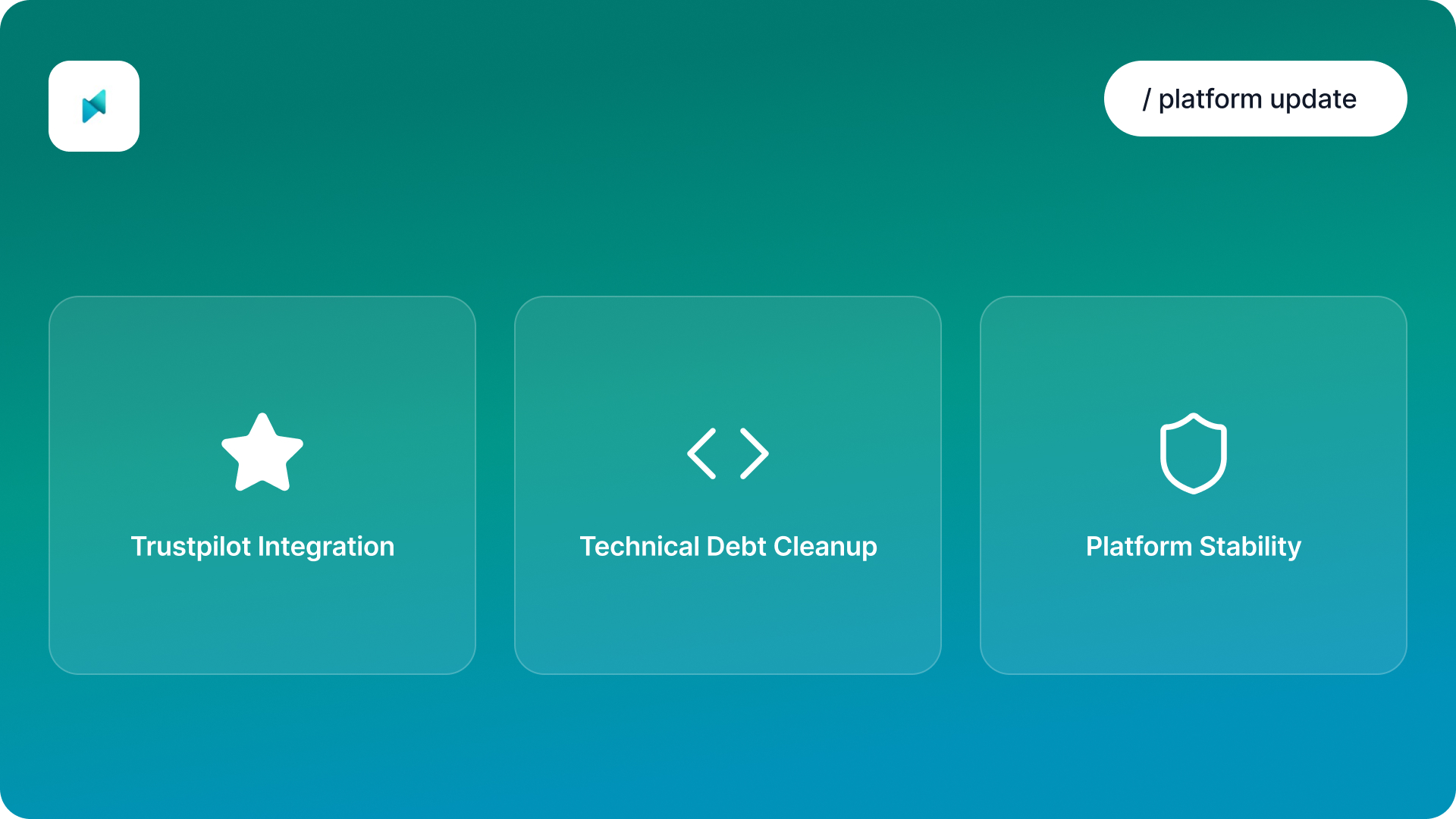
.png)

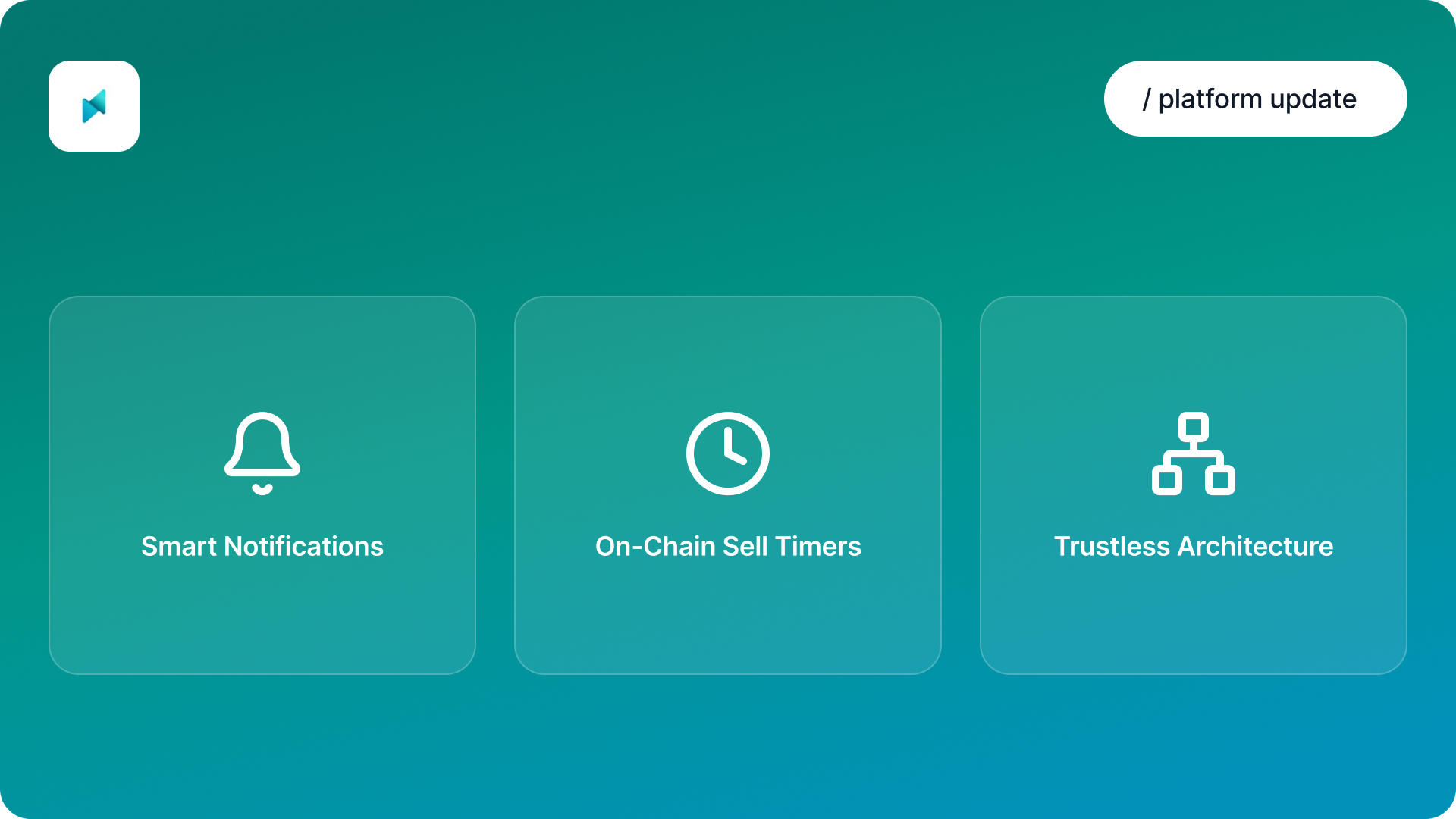

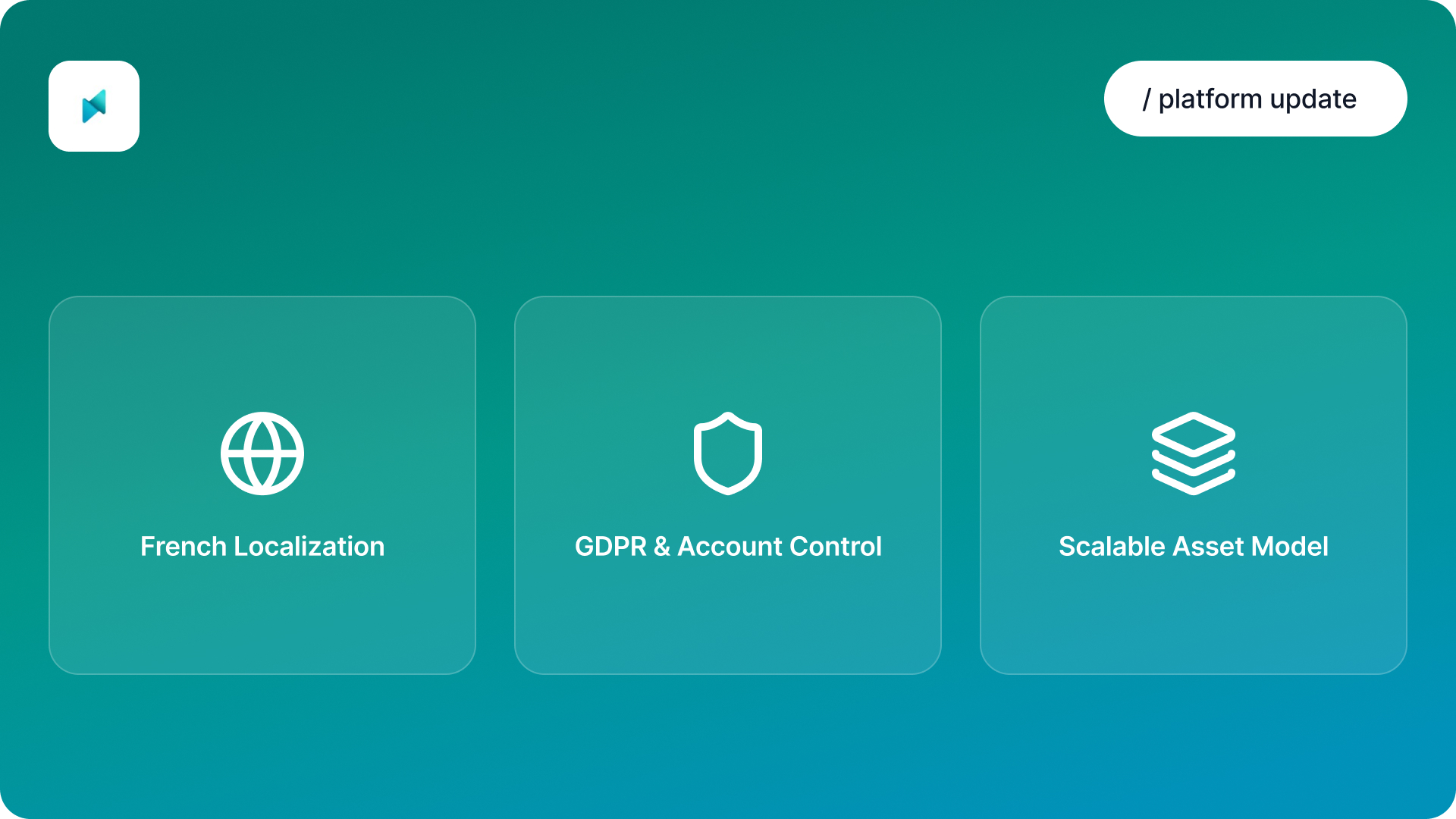
.jpeg)
.webp)